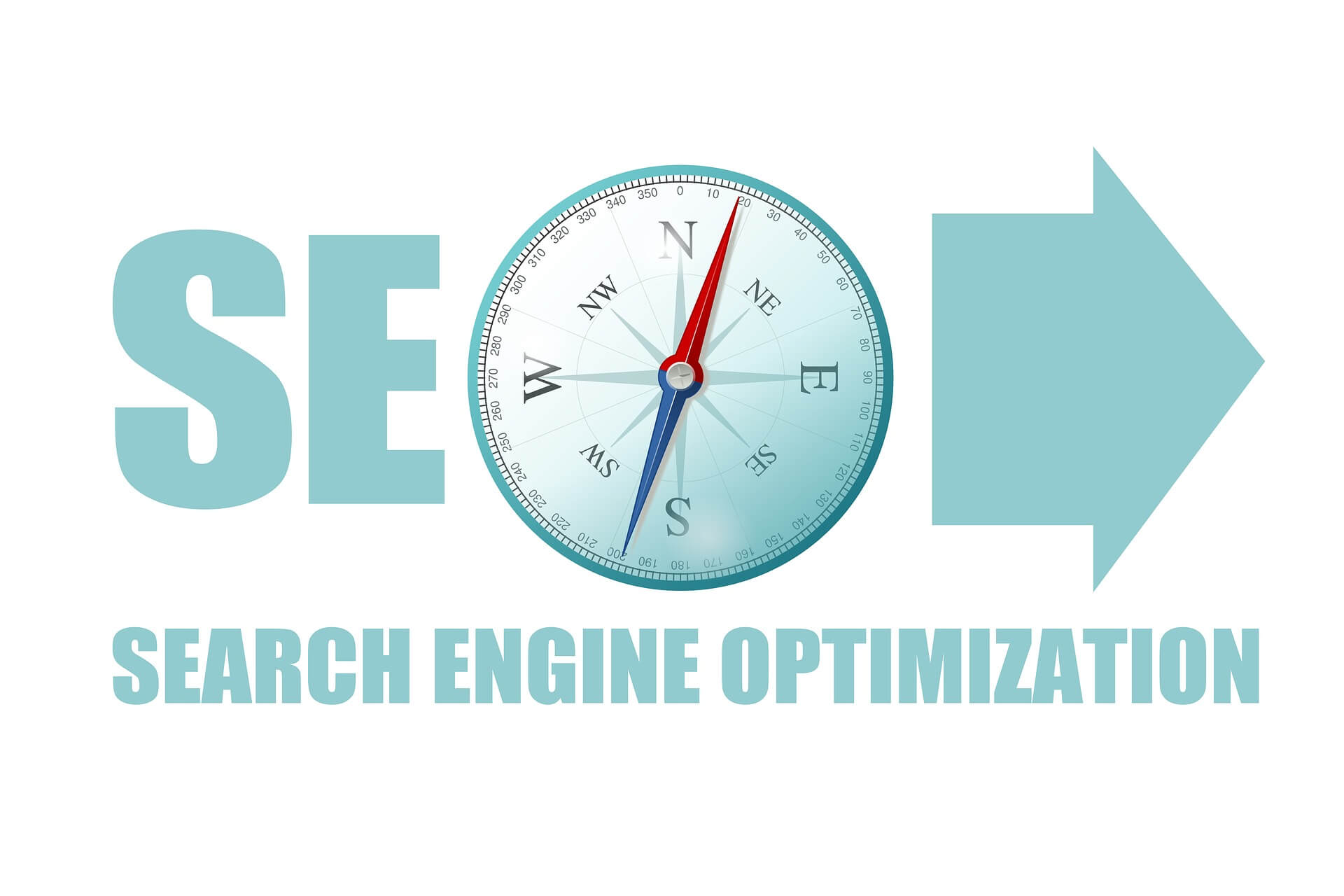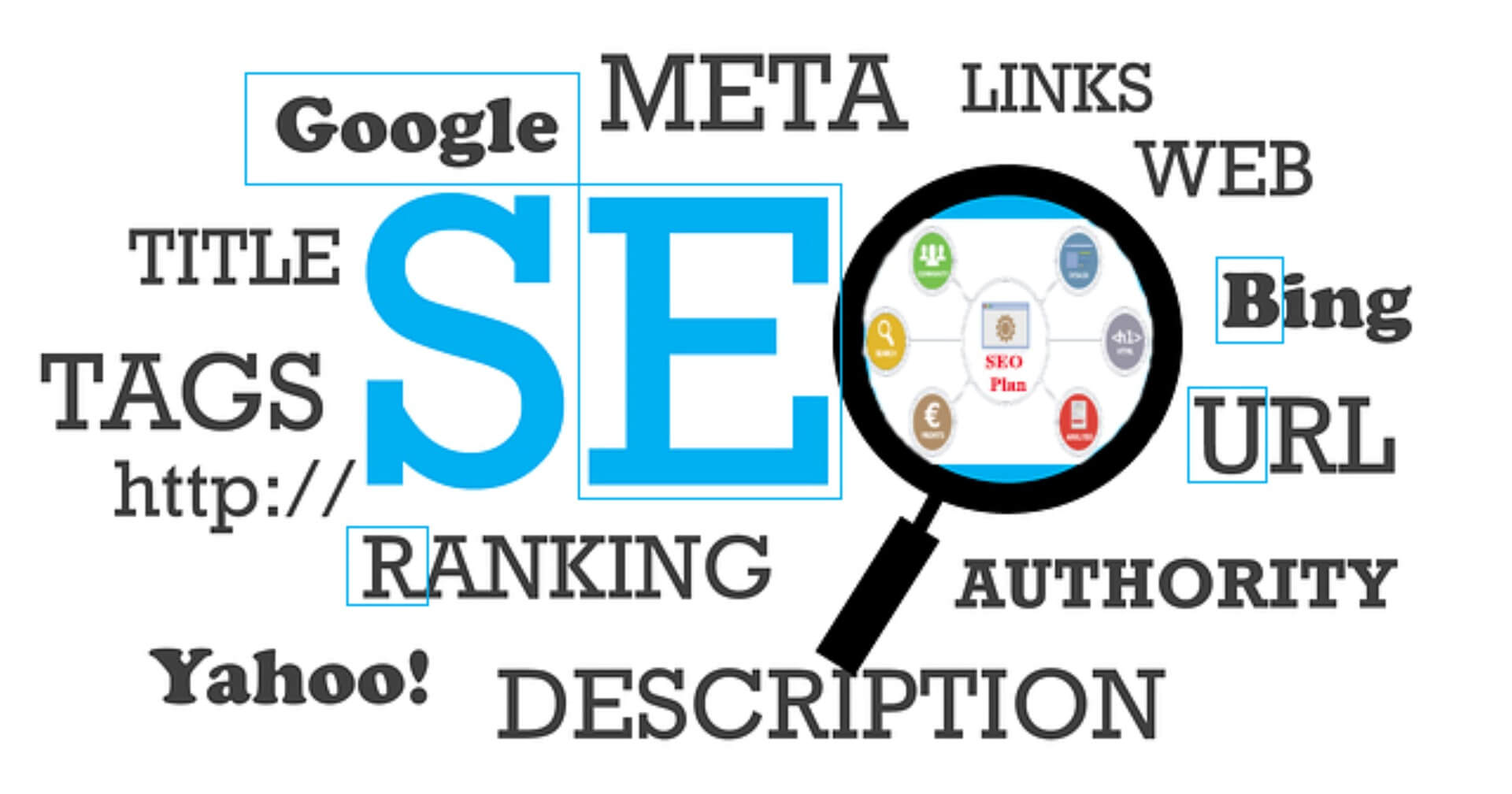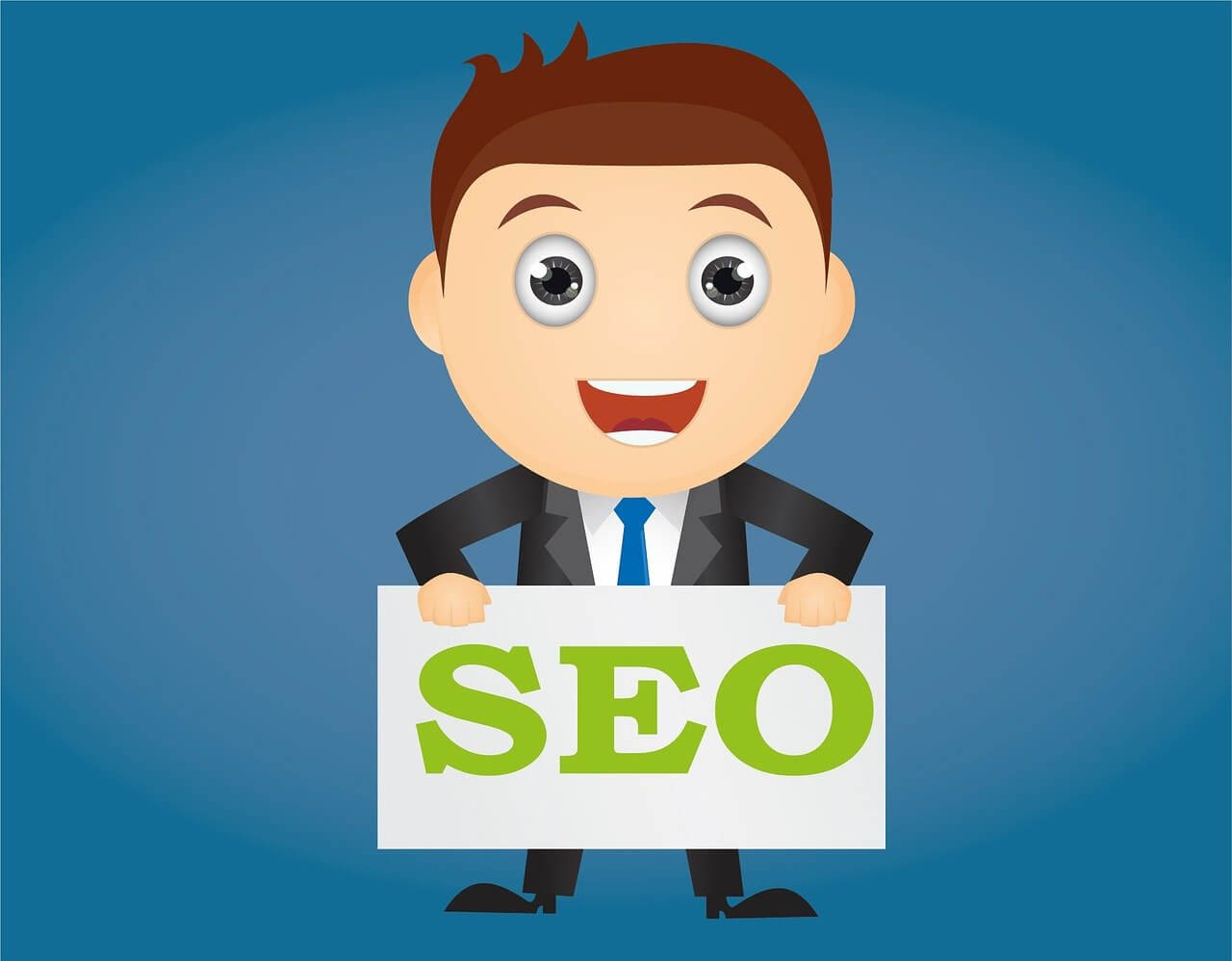
You might have wrapped your mind around the general idea of search engine optimization (more commonly referred to as SEO). In a nutshell, SEO involves all the tricks, hacks and techniques needed to increase your online visibility and landing you on Page 1 of a potential customer or client’s search results.
There are three main strategies used to optimise your content and to get your site up the rankings. These are known as on-page SEO, technical SEO and off-page SEO. Let’s briefly recap what each of these involves.
On-Page SEO
On-page SEO involves more or less what it says on the label. This is mostly to do with content and what will meet the eyes of your potential customers. Although all the other prongs of the SEO fork are important, if you don’t the on-page SEO right, the other two will fall over on their butts; without the right on-page Google juice, the off-page bits and pieces just won’t happen.
On-page SEO primarily involves creating great content – the sort of thing that people like to read, either to get more information about your products, services, etc., as well as informative blogs and newsletters. Get this part right, and you can often get your customers and clients coming back for more and starting to build a relationship with you. As part of creating useful content (blogs, product descriptions, videos, pictures, etc.), you also have to think about the keywords and search terms (absolute gold for getting your site ranking on Page 1 of the Google results), and it’s useful for you and for your customers to have plenty of internal links from one part of the site to another. Links out to authoritative sites that are relevant to your business or services are also useful to use!
Technical SEO
As part of having those internal links as part of your on-page SEO strategy, you have to make sure that they work. This is where technical SEO comes in and this is something that a lot of business owners wishing to increase their online traffic need help from an SEO expert with. Technical SEO refers to all the things to do with how your website performs on your potential customers’ and clients’ laptops, tablets, desktops and mobile phones. Believe me, Google has a number of AI algorithms looking out for such thins; delightfully, they’re referred to as the spiders that crawl about the world wide web.
Technical SEO can sometimes work with content and sometimes against it. On the one hand, although a picture speaks a thousand words, if you have too many pictures on one of your pages that takes far, far too long to load and eats data, you’ll increase your page load speed. Pages that take too long to load really put potential customers right off. You probably know how peeved you get with slow-loading pages from your own experience. However, on the other hand, if you create good metadata with lots of yummy keywords that search engine algorithms love, as well as creative alternative text for images just in case they don’t load and display properly.
Technical SEO gets pretty, well, technical (duh!) and takes a fair bit of explaining. It also often requires a sharp-eyed SEO consultant to pick up where you can tweak things there and there.

Off-Page SEO
OK, now we can get to the bit that you’ve been waiting for: answering the question about what off-page SEO is and whether it really works. To start with, we need to take a trip back in time slightly to the early days of the internet and search engines.
When Google first got started, they had to find some way of presenting the results of a search with particular key words. Alphabetical order might have worked for a very short time when the internet was very, very small, but it was pretty clear that this wasn’t going to work for long. Instead, Google created its Page Ranking algorithm. Because the internet is indeed a world wide web with lots of links and connections, the general idea was (and still is) that something that has a lot of links leading to it is likely to be important and trustworthy and popular, so the Page Rank algorithm hunted for the pages that had the most inbound links and rewarded these by putting them at the top of the list (as long as they matched the keywords that the user was searching for, of course).
Human nature being what it is, it didn’t take long until the internet was filled with horrible link farms that led people to bad, spammy sites with badly written content. After we had all suffered at the hand of black hat SEO (things that used to increase rankings but now get penalised), Google’s smart boffins came up with an algorithm that rewarded the good sites that were trustworthy, authoritative and useful. Inbound links are still useful and are still used to rank sites, but now Google and other search engines look for quality links that prove a site to be a quality site that people can enjoy using to find what they need online. It’s possible that having good backlinks is at least half of the SEO equation when it comes to landing on Page 1 of the search results.
Are There Different Types of Backlinks?
Yes, there are. Links can be categorised in three main types:
Other Off-Page SEO Activities
Another method that isn’t really one or the other of these is to get involved in writing guest blogs and in trying your hand at video marketing campaigns on YouTube or Instagram. These get a buzz going (and boost your page rankings) but can require a bit of assistance from your friendly SEO expert.

What Results Is Reasonable to Achieve with Expert Off Page SEO?
An SEO agency that delivers ranking results to their clients is your way to a great online exposure and increased bookings. Laser targeted on-page and off-page SEO plus expert technical SEO will bring you a number of benefits. It is reasonable to expect that you will improve your:
And best of all, once your website is on Page 1, the number of visitors and the time they spend clicking on your pages, reading your content, and acting by calling your phone number will keep your website anchored there long after paying for search marketing ends, and establish your brand as the best in town.
Now that’s an ROI worth its weight in gold.

Our UK SEO company is in the forefront of both local London search engine optimisation as well as multi-layered national campaigns. We are focused on getting Page 1 results and massive ROI of our clients' digital marketing spend. If you are interested in what we do please get in touch today via a message or call us on 020 3137 8017.